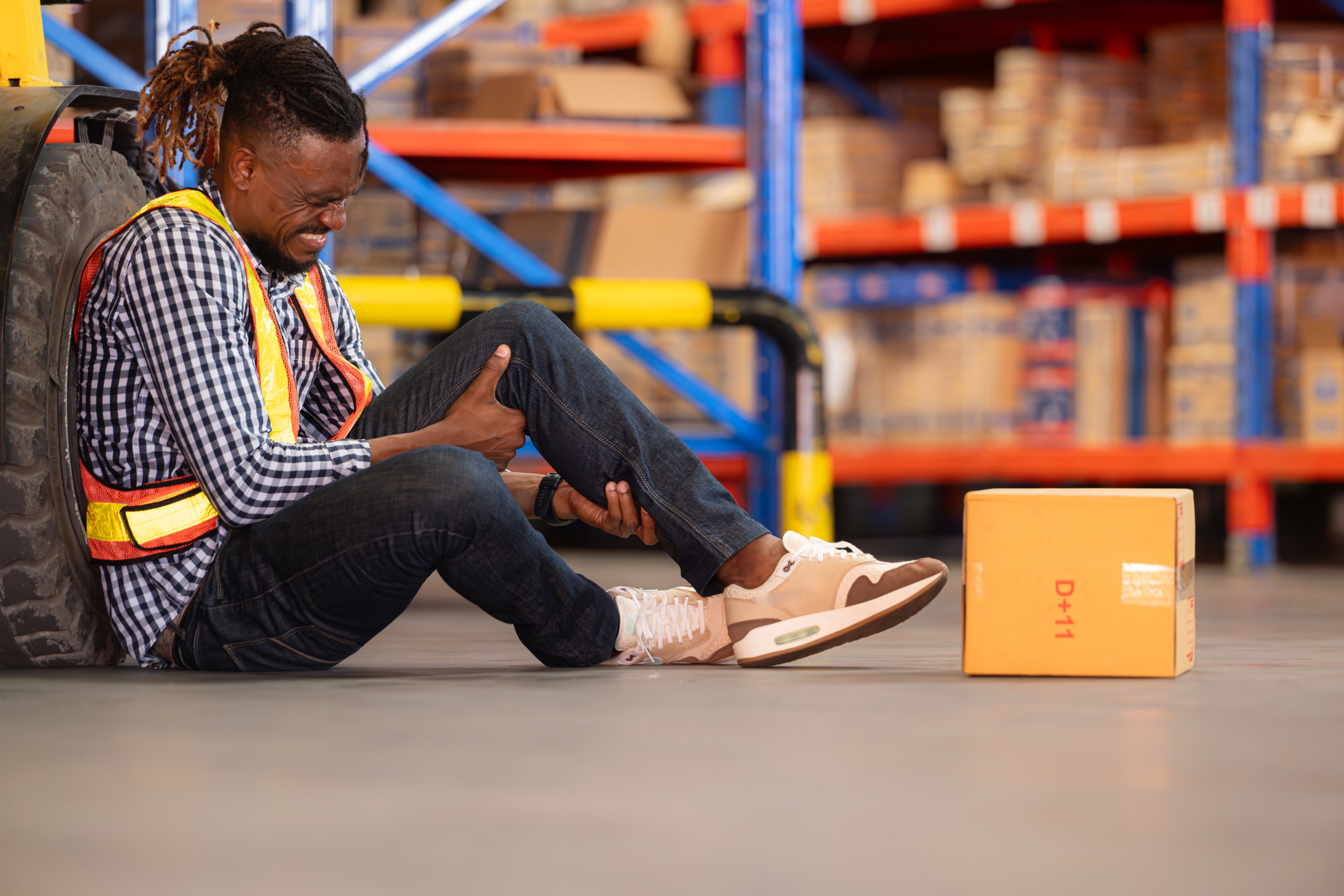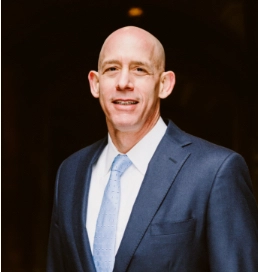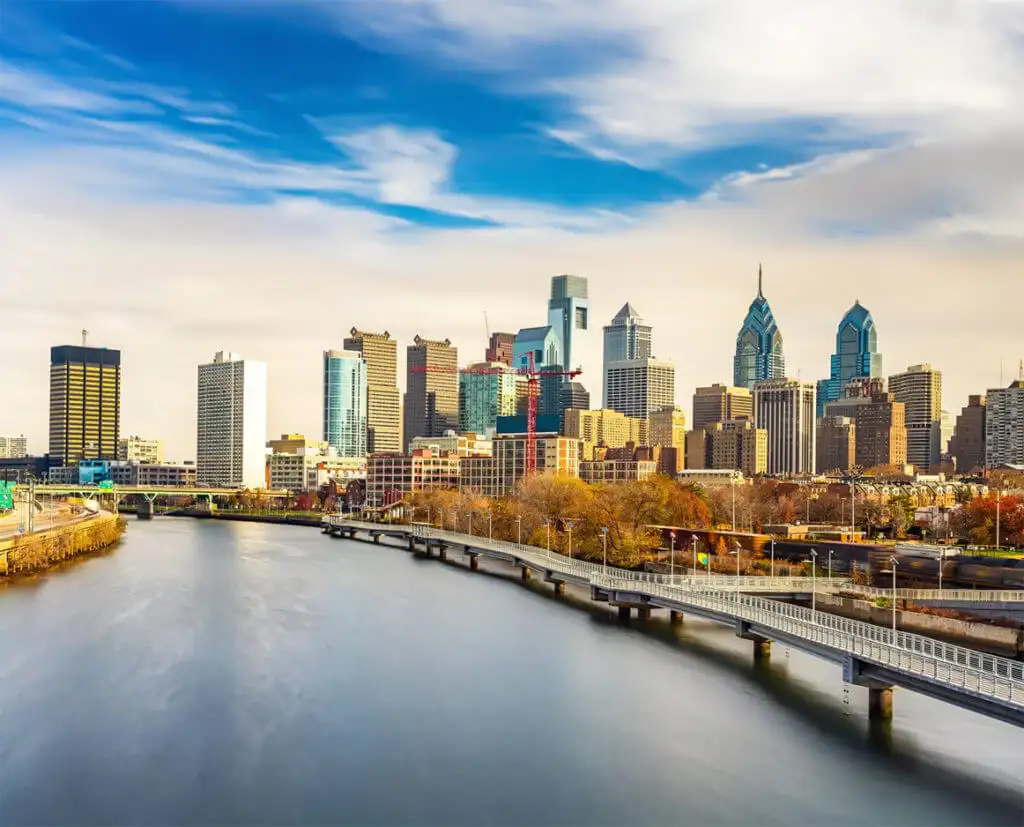Who Can You Sue for a Slip and Fall Accident in Philadelphia?
Slip and fall accidents can result in serious injuries, unexpected medical bills, and lost wages. If you suffered an injury because of unsafe conditions on someone else’s property, you may wonder, Who can you sue for a slip and fall accident? Determining liability is essential for pursuing compensation and holding negligent parties accountable. At Rosen Justice Injury Lawyers, we fight for injury victims and ensure they receive the justice they deserve. Understanding who is responsible for your accident can be complex, but one of our experienced Philadelphia slip and fall attorneys will guide you through the legal process.
Who Is Liable in a Slip and Fall Accident?
Liability in a slip and fall case depends on where the accident occurred and who was responsible for maintaining the property.
1. Property Owners
Under Pennsylvania law, property owners must keep their premises safe for visitors. If they fail to address hazards or warn guests about dangers, they can be held liable for injuries occurring on their property. Property owners can include:
- Business owners—stores, hotels, and restaurants that must maintain safe conditions for customers and employees;
- Homeowners—individuals who invite guests onto their property and fail to address hazardous conditions; and
- Landlords—property owners responsible for repairing known hazards in rental units.
If a property owner knew or should have known about a dangerous condition and failed to fix it, they may be responsible for damages.
2. Commercial Tenants
Sometimes, a business leasing a property—rather than the actual owner—may be responsible for maintaining safe conditions. For example:
- A restaurant tenant may be liable for a wet floor inside their establishment,
- A retail store tenant may be responsible for unsafe aisles or poor lighting, or
- A grocery store could be liable for failing to clean up spills that cause falls.
Many commercial lease agreements outline whether the tenant or property owner is responsible for maintenance and safety. Identifying the correct liable party requires reviewing lease agreements and property management contracts.
3. Property Management Companies
Some property owners hire management companies to maintain their buildings and ensure safety. If a management company is responsible for property upkeep and fails to correct a dangerous condition, it may be liable for any injuries happening on the property. This often applies to:
- Apartment complexes,
- Office buildings, and
- Shopping centers.
If a management company is involved, they may share liability with the property owner or commercial tenant, depending on their contract.
4. Government Entities
When a slip and fall occurs on public property—such as sidewalks, parks, government buildings, or public transit areas—a government agency may be responsible for maintaining safe conditions. However, suing a government entity involves specific legal requirements, including:
- Notice deadlines. You must file a notice of intent to sue within a short time frame, often as little as six months.
- Sovereign immunity laws. Some claims against government agencies are limited by immunity protections, restricting the types of lawsuits that can be filed.
If you were injured on public property, an experienced attorney can determine whether a lawsuit against the government is possible.
5. Contractors and Maintenance Companies
Property owners and businesses often hire third-party contractors for maintenance, repairs, or cleaning. If an outside company is responsible for a hazardous condition—such as failing to clear ice, repair damaged flooring, or properly light an area—it may be liable in a slip and fall injury lawsuit. Third-party contractors can include:
- Snow removal companies—businesses hired to clear ice or snow from sidewalks;
- Janitorial services—companies hired to clean floors and maintain buildings; and
- Construction crews—workers contracted to repair damaged areas.
In these cases, responsibility depends on the contract between the property owner and the third-party company.
How Do You Prove Liability in a Slip and Fall Injury Lawsuit?
To hold the responsible party accountable, you must prove negligence by demonstrating:
- A hazardous condition existed,
- The responsible party knew or should have known about the hazard,
- They failed to take reasonable steps to fix the hazard or warn visitors, and
- Their negligence directly caused your injuries and financial loss.
Having a seasoned Philadelphia slip and fall lawyer on your side will give you the best chance of a successful claim.
What Compensation Can You Recover in a Slip and Fall Lawsuit?
A slip and fall accident can leave victims with medical bills, lost income, and lasting pain. Filing a lawsuit allows victims to seek compensation for economic and noneconomic damages.
Economic Damages
Economic damages compensate for financial losses directly related to the accident, such as:
- Medical expenses—hospital bills, diagnostic tests, physical therapy, prescription medications, and future treatments;
- Lost wages—compensation for missed paychecks and reduced earning potential if the injury affects future employment;
- Out-of-pocket costs—transportation for medical appointments, home modifications for mobility issues, and assistance with household tasks; and
- Property damage—reimbursement for personal items damaged during the fall.
Depending on the severity of your injuries, your economic losses can be substantial.
Noneconomic Damages
These damages cover an injury’s personal and emotional toll, including:
- Pain and suffering—chronic pain, nerve damage, and reduced mobility caused by the accident;
- Emotional distress—anxiety, depression, post-traumatic stress disorder (PTSD), or sleep disturbances resulting from the fall; and
- Loss of enjoyment of life—inability to participate in hobbies or daily activities once enjoyed.
Noneconomic damages can often exceed economic damages, even though they tend to be more challenging to prove, making it imperative to seek legal counsel.
Punitive Damages
Although rare, courts may award punitive damages in cases of extreme negligence or intentional misconduct. These damages punish the responsible party and deter similar behavior in the future.
Why You Need a Philadelphia Slip and Fall Attorney
Determining who is liable in a slip and fall accident can be complicated. Property owners, businesses, contractors, and government entities often deny responsibility or try to shift blame. An experienced attorney can:
- Investigate the accident to identify all liable parties;
- Gather evidence such as surveillance footage, maintenance records, and witness statements;
- Negotiate with insurance companies to secure fair compensation; and
- Take legal action if you cannot reach a fair settlement.
We fight for injury victims at Rosen Justice Injury Lawyers and ensure that negligent parties are held accountable.
Contact Rosen Justice Injury Lawyers for a Free Consultation
Determining who can you sue for a slip and fall accident requires legal experience and thorough investigation. If you were injured in a slip and fall accident in Philadelphia, Rosen Justice Injury Lawyers can help you. Our team is dedicated to securing the compensation you need to recover. Call us today for a free consultation. We work on a contingency fee basis, meaning you pay nothing unless we win your case. Let us fight for the justice you deserve.


